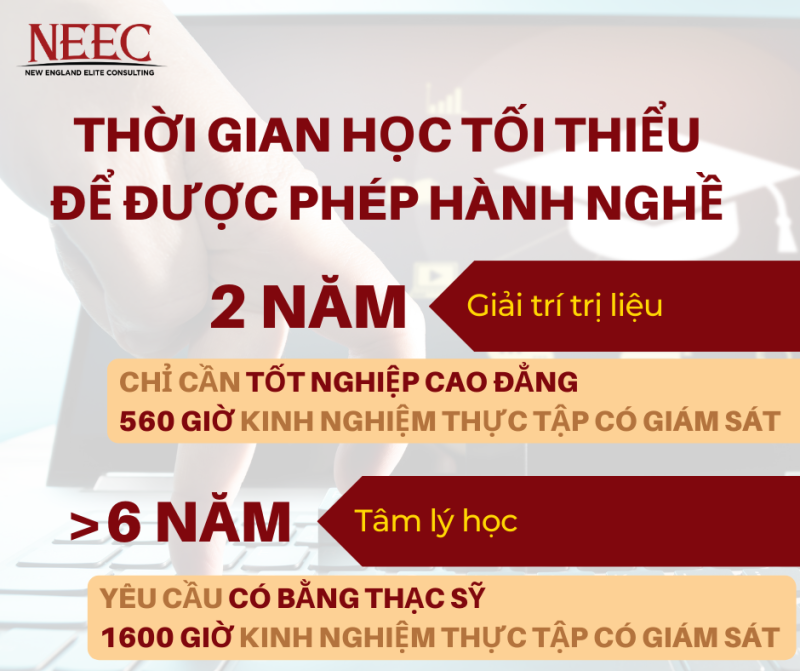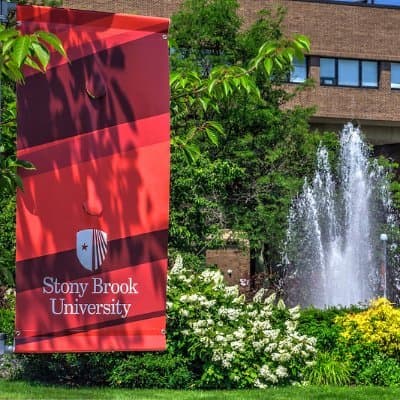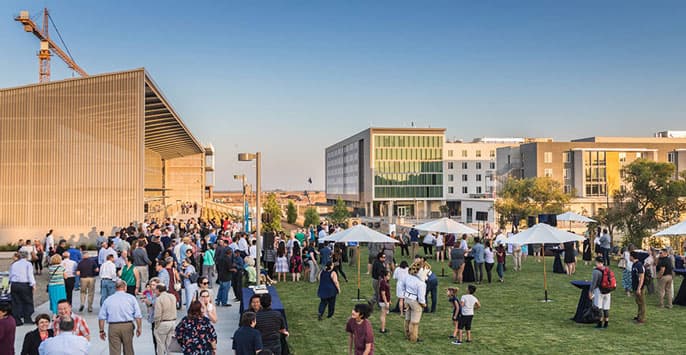What is Recreation Therapy? Why Do International Students Prefer ‘Psychology’ but Choose to Study ‘Recreation Therapy’?
1. Recreation Therapy – What is it?
Recreation Therapy (RT), also known as Therapeutic Recreation, is a systematic process that uses recreation and other activity-based interventions to address the assessed needs of individuals with illnesses and/or disabling conditions, as a means to achieve psychological and physical health, recovery, and well-being.
Therapeutic Recreation utilizes recreational activities to help individuals with health conditions improve their skills, abilities, overall health, and emotional well-being.
The purpose of the RT process is to improve or maintain physical, cognitive, social, emotional, and spiritual functioning in order to facilitate full participation in life. Services are provided or directly supervised by a “Certified Therapeutic Recreation Specialist” (CTRS). This is a well-known field in developed countries for training a large number of suitable personnel to support patients needing to improve their current health status through Therapeutic Recreation programs.
2. Comparison between Recreation Therapy and Psychology
Both Recreational Therapists and Psychologists are mental health professionals, but their mission and job nature differ significantly:
Recreational Therapist: Brings joy and therapeutic personal development through the design and implementation of recreational activities.
Psychologist: Heals clients’ psychological issues through researching psychological problems, developing hypotheses, and implementing solutions based on psychological theories.
The minimum time required to practice in these two fields is 2 years for Recreational Therapy and over 6 years for Psychology, a factor that leads many international students interested in Psychology to choose to study Recreational Therapy instead.

Let’s take a look at the detailed comparison for the USA and Canada:
In the USA:
| Psychology | Recreation Therapy | |
| Average salary | High: 64.3 USD/h Medium 39 USD/h Low: 23 USD/h |
High: 38.75 USD/h Medium 23 USD/h Low: 15.2 USD/h |
| Licensing requirements | – PhD in Psychology (PsyD or PhD) specializing in “Psychologist” – Master’s degree in one of the following fields: psychology, statistics, and research design. – Bachelor’s degree in related fields: Psychology, Education, or Social Science. – Completion of the EPPP (Examination for Professional Practice in Psychology) – 1-2 years of supervised professional experience |
– Bachelor’s degree in health-related fields, such as therapeutic recreation, or in recreation and fitness. – Certification (CTRS) from NCTRC – Licenses from relevant authorities |
| Job titles | – Clinical psychologist – Neuropsychologist – Psychological associate – Psychologist – Registered psychologist – Research psychologist – School psychologist |
– Recreation consultant – Recreologist – Sports analyst Athletic therapist – Certified athletic therapist (CAT) – Recreational therapist – Remedial therapist – Therapeutic recreationist |
| Work environments | – Government agencies – Hospitals – Private clinics – Health centers – Schools |
– Government agencies – Hospitals – Private clinics – Health centers – Nursing homes |
| Study and practice duration | – Bachelor’s degree: 4 years – Master’s degree: 2-3 years – 1 year of supervised practice (paid) – PhD in Psychology: 4-7 years |
– Associate degree: 2 years – Bachelor’s degree: 4 years – 0.5 year of supervised practice (can be included in the program) |
| Source | https://www.bls.gov/ooh/life-physical-and-social-science/psychologists.htm#tab-5 https://www.bls.gov/ooh/healthcare/recreational-therapists.htm#tab-4 |
https://www.bls.gov/ooh/healthcare/recreational-therapists.htm#tab-5 |
In Canada:
| Psychology | Recreation Therapy | |
| Average salary | High: 58.79 CAD/h Medium: 43.5 CAD/h Low: 24 CAD/h |
High: 44 CAD/h Medium: 29 CAD/h Low: 17.75 CAD/h |
| Licensing requirements | – PhD in Psychology (PsyD) specializing in “Psychologist” at (Prince Edward Island, New Brunswick, Quebec, Ontario, Manitoba, and British Columbia). – Master’s degree in Psychology specializing in “Psychologist” or “Psychological Associate” (in certain areas) – Completion of written and practical EPPP (Examination for Professional Practice in Psychology) – At least 40 weeks (equivalent to 1600 hours) of supervised professional experience – Additional registrations/certifications (depending on the workplace and locality) |
– Bachelor’s degree in “recreation administration, sports administration, physical education, kinesiology” or an associate degree in “recreation, sports, or fitness program” – CTRS certification for recreational therapists available through the National Council for Therapeutic Recreation Certification (NCTRC) – At least 12 weeks (equivalent to 560 hours) of supervised professional experience – Licenses from relevant authorities |
| Job titles | – Clinical psychologist – Neuropsychologist – Psychological associate – Psychologist – Registered psychologist – Research psychologist – School psychologist |
– Recreation consultant – Recreologist – Sports analyst Athletic therapist – Certified athletic therapist (CAT) – Recreational therapist – Remedial therapist – Therapeutic recreationist |
| Work environments | – Enterprises – Clinics – Community service organizations – Correctional facilities – Government agencies – Hospitals – Mental health facilities – Private practice – Private research organizations – Rehabilitation centers |
– Clinics – Educational institutions – Extended care facilities – Hospitals – Industrial facilities – Nursing homes – Private clinics – Recreation facilities – Rehabilitation centers – Sports organizations |
| Study and practice duration | – Bachelor’s degree: 4 years – Master’s degree: 2-3 years (only eligible to practice after obtaining a master’s degree and registering with the authorities) – 1 year of supervised practice (paid) – PhD in Psychology: 4-7 years |
– Associate degree: 2 years – Bachelor’s degree: 4 years – 0.5 year of supervised practice (can be included in the program) |
| Source | https://www.jobbank.gc.ca/marketreport/wages-occupation/2218/ca
|
https://www.jobbank.gc.ca/marketreport/wages-occupation/5006/ca https://www.bls.gov/ooh/life-physical-and-social-science/psychologists.htm#tab-4 |
In 2019, the Centers for Disease Control and Prevention (CDC) reported that 19.2% of adults in the United States received treatment for mental health issues. The CDC also noted that 9.5% of those individuals sought therapy (Therapeutic Recreation) or counseling.
The demand for Recreation Therapy professionals is increasingly high on popular recruitment channels in developed countries, including the USA and Canada. Particularly in Canada, Recreation Therapy is favored by international students due to open immigration policies for international students after graduation.
Understanding this opportunity, NEEC will soon organize an event (scheduled for Sunday morning, July 16) to introduce parents to detailed information about Recreation Therapy in Canada, recommend suitable schools, and advise on immigration opportunities in the “maple leaf country” for this field of study. As registration slots are limited, interested parents and students can message NEEC privately to secure their spot for the event.

